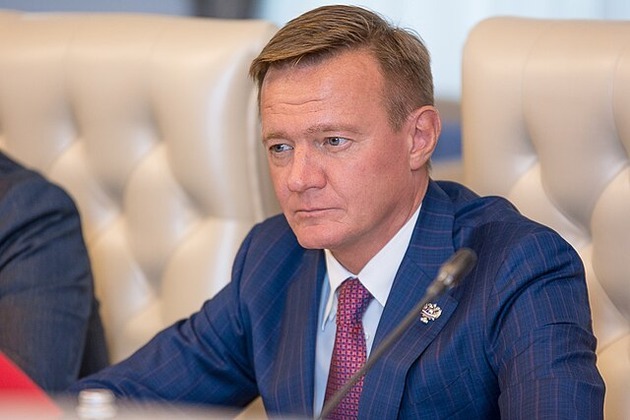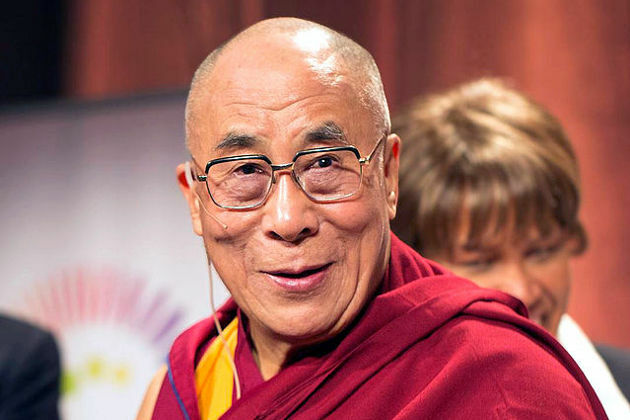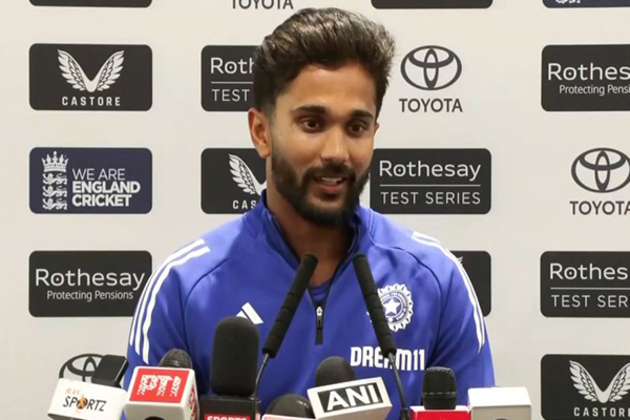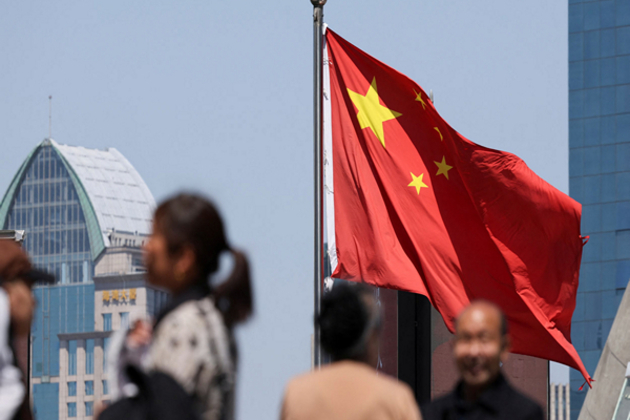Trump has flagged 200% tariffs on Australian pharmaceuticals. What do we produce here, and what's at risk?
The Conversation
10 Jul 2025, 20:20 GMT+10
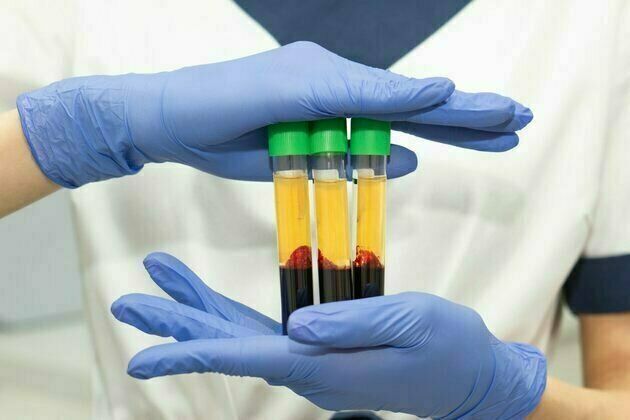
US President Donald Trump's proposed tariffs on Australia's pharmaceutical exports to the United States has raised alarm among industry and government leaders.
There are fears that, if implemented, the tariffs could cost the Australian economy up to A$2.8 billion. That's both in direct exports and as inputs to third countries that produce drugs also hit by tariffs.
The proposed tariffs come amid growing pressure from pharmaceutical lobby groups in the US for Trump to use trade negotiations as a tool to make changes to the Pharmaceutical Benefits Scheme (PBS) and raise Australian drug prices.
In response, Treasurer Jim Chalmers stated the government would not compromise the integrity of the PBS to do a deal with the Trump administration. Nationals Senator Bridget McKenzie also confirmed bipartisan support for the PBS.
The US is Australia's biggest pharmaceutical export market, accounting for 38% of total Australian pharmaceutical exports and valued at $2.2 billion last year.
About 87% of exports to the US consist of blood plasma products, mainly from manufacturing giant CSL. These are used for transfusions in a range of medical and surgical situations.
In a submission to the US Commerce Department, which is reviewing the sector, CSL called for tariffs to be phased in over five years, and for an exemption for certain biotech equipment.
Trump floated proposed tariffs potentially as high as 200%. But he also said these would not be imposed for "about a year, a year and a half" to allow negotiations to take place.
If tariffs are eventually implemented, there are fears domestic manufacturing may suffer, with negative flow-on effects for Australian research and innovation in the sector.
The PBS is an Australian government program aimed at providing affordable prescription medicines to Australians.
It helps reduce the cost of essential medications, ensuring access to treatments for a wide range of medical conditions. Medicines included on the PBS are subsidised by the government, with the patient making a capped co-payment. More than 900 medicines were listed on the scheme in 2023-24, costing the government $17.7 billion.
Decisions to list medications on the PBS are made by the health minister based on recommendations from the Pharmaceutical Benefits Advisory Committee. The committee evaluates the clinical effectiveness, safety, cost-effectiveness ("value for money") and estimated financial impact of new medications.
If approved, the PBS uses this information to negotiate directly with pharmaceutical companies, helping to keep prices affordable.
This contrasts with the US system, which operates more under free-market principles. In the US, pharmaceuticals are subsidised through private health insurance or government programs such as Medicaid. Neither directly negotiates with pharmaceutical companies.
The fragmented nature of the US system enables pharmaceutical companies to maintain higher prices, as there is no central authority to enforce cost controls. Studies have shown that prices for pharmaceuticals in the US are, on average, 2.78 times those in 33 other countries.
In addition, in the US pharmaceutical companies are granted extensive patent protections. These provide exclusive rights to sell their drugs for a certain period.
This exclusivity often leads to monopolistic pricing practices, as generic competitors are barred from entering the market until the patent expires.
In Australia, patents also exist. But the PBS mitigates their impact by negotiating prices and promoting the use of cost-effective alternatives, such as generics, once they become available.
US pharmaceutical industry bodies have long criticised the PBS. They claim the scheme "undervalues new innovative medicines by setting prices based on older inferior medicines and generics, and through use of low and outdated monetary thresholds per year of life gained from clinically proven treatments".
The slow process to list drugs on the PBS has also attracted criticism. The advisory committee meets only three times a year, with resources currently being stretched beyond capacity.
In response to these criticisms, the Australian government commissioned a review, which was completed in 2024. It provided 50 recommendations to ensure Australians can continue to access effective, safe and affordable medicines in an equitable and timely way.
The government has established an advisory group to work on implementing these recommendations. However, it is unclear whether proposed changes will appease the powerful US pharmaceutical industry.
 Share
Share
 Tweet
Tweet
 Share
Share
 Flip
Flip
 Email
Email
Watch latest videos
Subscribe and Follow
Get a daily dose of Australian Herald news through our daily email, its complimentary and keeps you fully up to date with world and business news as well.
News RELEASES
Publish news of your business, community or sports group, personnel appointments, major event and more by submitting a news release to Australian Herald.
More InformationInternational
SectionTravelers can now keep shoes on at TSA checkpoints
WASHINGTON, D.C.: Travelers at U.S. airports will no longer need to remove their shoes during security screenings, Department of Homeland...
Rubio impersonator used AI to reach officials via Signal: cable
WASHINGTON, D.C.: An elaborate impersonation scheme involving artificial intelligence targeted senior U.S. and foreign officials in...
Warsaw responds to migration pressure with new border controls
SLUBICE, Poland: Poland reinstated border controls with Germany and Lithuania on July 7, following Germany's earlier reintroduction...
Deadly July 4 flash floods renew alarm over NWS staffing shortages
WASHINGTON, D.C.: After months of warnings from former federal officials and weather experts, the deadly flash floods that struck the...
Putin fires transport chief, later found dead in suspected suicide
MOSCOW, Russia: Just hours after his sudden dismissal by President Vladimir Putin, Russia's former transport minister, Roman Starovoit,...
Thousands gather in Himalayas as Dalai Lama celebrates 90th birthday
DHARAMSHALA, India: The Dalai Lama turned 90 on July 6, celebrated by thousands of followers in the Himalayan town of Dharamshala,...
Sydney
Section"Seeing good progression in my bowling...": Nitish Kumar Reddy on working with coach Morne Morkel
London [UK], July 11 (ANI): Following a solid day with the ball, which included two prized wickets of openers Ben Duckett and Zak Crawley,...
"We'll get to know next morning...": Indian all-rounder Nitish Kumar's update on Pant's finger injury
London [UK], July 11 (ANI): Following the end of the first day's play during the third Test against England at Lord's, Indian all-rounder...
Cummins, Hazlewood praises Starc's grit, longevity ahead of 100th Test milestone
Kingston [Jamaica], July 10 (ANI): As Mitchell Starc gears up to become just the second Australian fast bowler after Glenn McGrath...
"Is he a selector?": Michael Di Venuto responds to Stuart Broad's "muddled" comment
Kingston [Jamaica], July 10 (ANI): Australian batting coach Michael Di Venuto has brushed off Stuart Broad's recent criticism of Australia's...
China agrees to Southeast Asia nuclear ban amid US tariff tensions
Kuala Lumpur [Malaysia], July 10 (ANI): China has agreed to sign a Southeast Asian treaty banning nuclear weapons, a move hailed by...
Rishabh Pant off the field to receive medical attention on finger, Jurel takes up wicketkeeping duties at Lord's
London [UK], July 10 (ANI): India's swashbuckling wicketkeeper-batter Rishabh Pant left the field to receive some treatment, seemingly...





